Contrary to popular belief, CRM software isn’t just for large corporations. In fact, the best CRM for small businesses can be a game-changer, helping you personalize interactions, automate tasks, and gain valuable insights into your customer base.
Toc
- 1. Why Your Small Business Needs a CRM
- 2. Key Features to Look for in the Best CRM for Small Businesses
- 3. Related articles 01:
- 4. Top CRM Software for Small Businesses
- 5. Choosing the Right CRM for Your Small Business
- 6. Related articles 02:
- 7. Implementing Your CRM for Success
- 8. Frequently Asked Questions
- 9. Conclusion
Why Your Small Business Needs a CRM
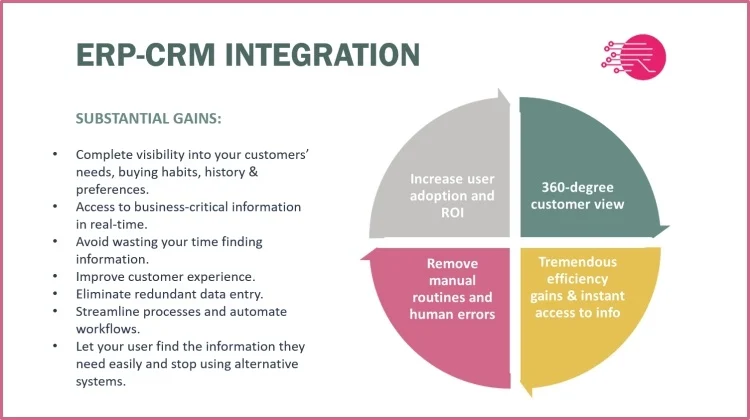
As a small business owner, managing customer relationships is crucial for your success. A well-chosen CRM solution can be the secret weapon your business needs to thrive. By centralizing customer data, you can deliver personalized service, boost sales and revenue, enhance efficiency, and make data-driven decisions.
For example, a CRM can track customer preferences, purchase history, and interactions across different channels. This allows you to personalize your marketing messages, offer tailored product recommendations, and provide proactive support based on individual needs. A well-executed CRM strategy can lead to increased customer satisfaction, loyalty, and repeat business, ultimately driving revenue growth.
However, some argue that CRM can be impersonal and lead to a ‘one-size-fits-all’ approach to customer service, potentially alienating customers who value personalized interactions. It’s essential to strike a balance between using CRM technology and maintaining a personalized touch.
CRM can also streamline your sales processes, helping your team focus on the most promising leads and close more deals. CRM software automates repetitive tasks like data entry, lead qualification, and follow-up communication, freeing up your sales team to focus on building relationships and closing deals. Features like sales pipeline management and automated email sequences allow for efficient lead nurturing and timely follow-ups, ensuring no potential opportunities slip through the cracks. A study by Forrester Research found that businesses using CRM systems effectively see a 29% increase in sales productivity.
Some small businesses may find the initial implementation of a CRM overwhelming and time-consuming, requiring an investment of time and resources for data migration, training, and customization. However, the long-term benefits of increased efficiency, productivity, and data-driven decision-making often outweigh these initial challenges.
Efficiency and productivity are also key benefits of a CRM for small businesses. By automating repetitive tasks and providing a centralized hub for customer data, a CRM can free up your time to focus on strategic initiatives and delivering exceptional customer service.
Finally, a CRM can provide valuable data-driven insights to help you make informed decisions. From tracking key performance indicators to generating detailed reports, a CRM can empower you to identify trends, optimize your marketing campaigns, and make data-driven adjustments to your business strategy.
Key Features to Look for in the Best CRM for Small Businesses
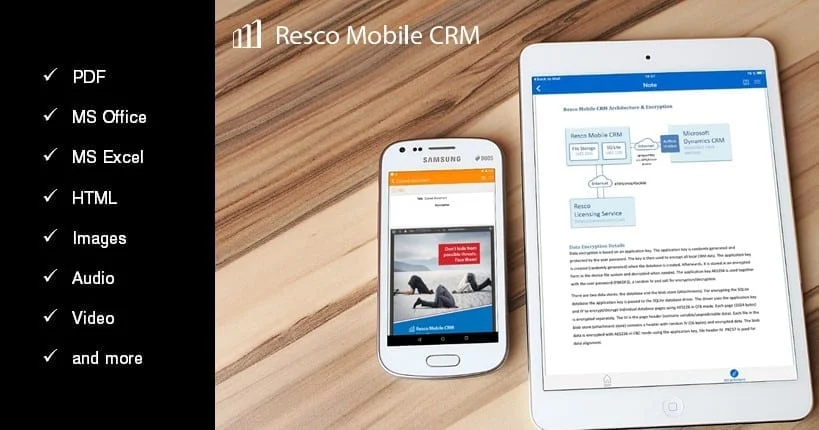
When selecting the best CRM for your small business, there are several essential features you should consider:
Contact Management
A robust contact management system is the cornerstone of any effective CRM, providing a centralized hub for all your customer information, ensuring you have a comprehensive and up-to-date view of each individual.
Lead Management
Effective lead management is crucial for small businesses. The right CRM should help you capture, nurture, and qualify leads, enabling your sales team to focus on the most promising prospects.
Sales Pipeline Management
Visualizing your sales pipeline is key to understanding your business’s health and identifying areas for improvement. The best CRM for small businesses will provide a clear, customizable view of your sales stages, deal statuses, and forecasting data.
Marketing Automation
Automating your marketing efforts can save your small business valuable time and resources. Look for a CRM with robust email marketing, campaign management, and lead nurturing capabilities.
Reporting and Analytics
Gaining insights into your business performance is essential for making informed decisions. The right CRM should offer comprehensive reporting and analytics features, allowing you to track key metrics and measure the success of your campaigns.
Mobile Accessibility
Small business owners are increasingly mobile, and CRM solutions need to keep pace. Mobile-friendly CRM apps allow sales teams to access customer data, manage leads, and track progress from anywhere, anytime.
3. https://fordlangha.com.vn/mmoga-the-best-crm-for-consultants-boost-your-sales-efficiency-in-2024
5. https://fordlangha.com.vn/mmoga-google-cloud-ai-platform-a-comprehensive-guide-for-data-scientists
Emerging Trends in CRM
Many modern CRM solutions are incorporating artificial intelligence (AI) to enhance their capabilities. AI-powered features like lead scoring, predictive analytics, and automated customer segmentation can significantly improve sales efficiency and customer engagement. For example, AI-powered chatbots can provide instant support and answer customer inquiries 24/7, while predictive analytics can identify high-potential leads and recommend personalized outreach strategies.
Top CRM Software for Small Businesses
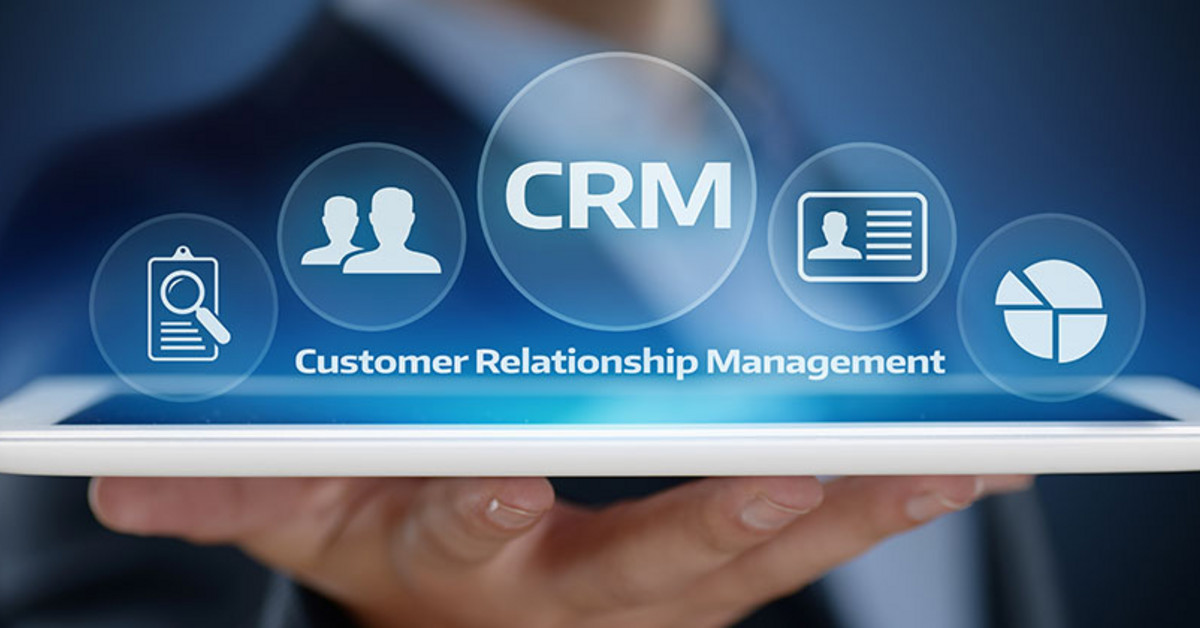
Free and Affordable Options
HubSpot CRM
HubSpot CRM is a powerful, free platform that offers a range of sales, marketing, and customer service tools to help small businesses grow. With its intuitive interface, lead management capabilities, and robust reporting features, HubSpot CRM is an excellent choice for small teams.
Zoho CRM
Zoho CRM is a comprehensive, cloud-based solution that caters to the needs of small and medium-sized businesses. With its affordable pricing, extensive feature set, and robust integration options, Zoho CRM is a highly versatile choice.
Comprehensive Solutions
Salesforce Essentials
As the industry leader in CRM, Salesforce offers a tailored solution for small businesses with its Salesforce Essentials package. This scaled-down version of the enterprise-level platform provides powerful sales, service, and reporting capabilities.
Freshsales
Freshsales is an AI-powered CRM that helps small businesses automate their sales and marketing efforts. With features like lead scoring, deal management, and email integration, Freshsales can help you nurture leads and deliver a better customer experience.
Sales-Focused CRM
Pipedrive
Pipedrive is a sales-focused CRM that emphasizes visual pipeline management and deal-driven workflows. Its intuitive interface and mobile-friendly design make it an excellent choice for small sales teams.
Zendesk Sell
Zendesk Sell is a modern, customer-centric CRM designed to maximize productivity and sales performance. With its robust sales automation, reporting, and mobile capabilities, Zendesk Sell is an excellent choice for small businesses seeking a comprehensive CRM solution.
Choosing the Right CRM for Your Small Business
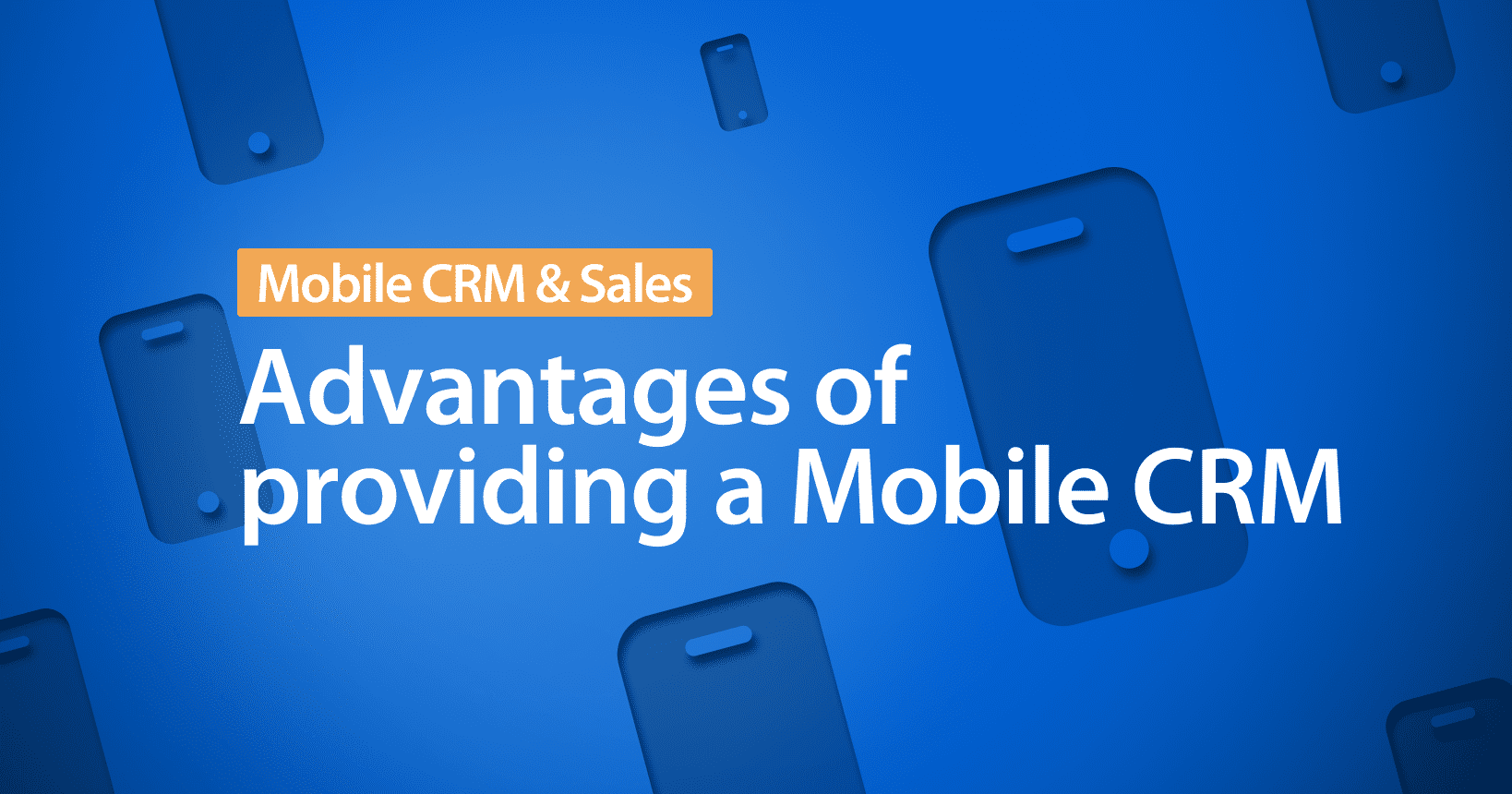
When selecting the best CRM for your small business, it’s essential to follow a methodical approach. Start by clearly defining your business goals, target audience, and the specific challenges you’re hoping to address. This will help you prioritize the features and functionalities that are most important to your small business.
Next, consider your budget and the potential long-term costs of the CRM solutions you’re evaluating. Look for options that fit within your budget, but also consider the potential return on investment and the value they can bring to your business.
Take advantage of free trials and demos to get a hands-on feel for the CRM platforms you’re considering. This will allow you to assess the user-friendliness, customization options, and overall functionality of each solution.
If you’re unsure which CRM is the best fit for your small business, consider consulting with a CRM specialist or technology advisor. They can provide personalized recommendations based on your specific needs and help you navigate the selection process.
3. https://fordlangha.com.vn/mmoga-google-cloud-ai-platform-a-comprehensive-guide-for-data-scientists
4. https://fordlangha.com.vn/mmoga-the-best-crm-for-consultants-boost-your-sales-efficiency-in-2024
Ultimately, choose a CRM that is intuitive and easy for your team to learn and use. The more user-friendly the platform, the more quickly your team will be able to adopt and leverage the CRM to its fullest potential.
Implementing Your CRM for Success
Once you’ve selected the best CRM for your small business, it’s time to implement it effectively. Begin by carefully importing your existing customer data into the new CRM system, ensuring accuracy and completeness to avoid any disruptions to your business operations.
Provide thorough training to ensure your team understands how to navigate the CRM’s features and functions. Offer comprehensive training and ongoing support to help them make the most of the platform.
Tailor the CRM to your specific business processes and workflows, optimizing it to fit your unique needs and preferences. Start by implementing the essential CRM features and functionalities, then gradually add more capabilities as your needs evolve and your team becomes more comfortable with the system.
Finally, continuously monitor key performance indicators, analyze the data, and make adjustments to your CRM strategy based on the insights you gather. This will help you maximize the impact of your CRM investment and drive sustainable growth for your small business.
Frequently Asked Questions
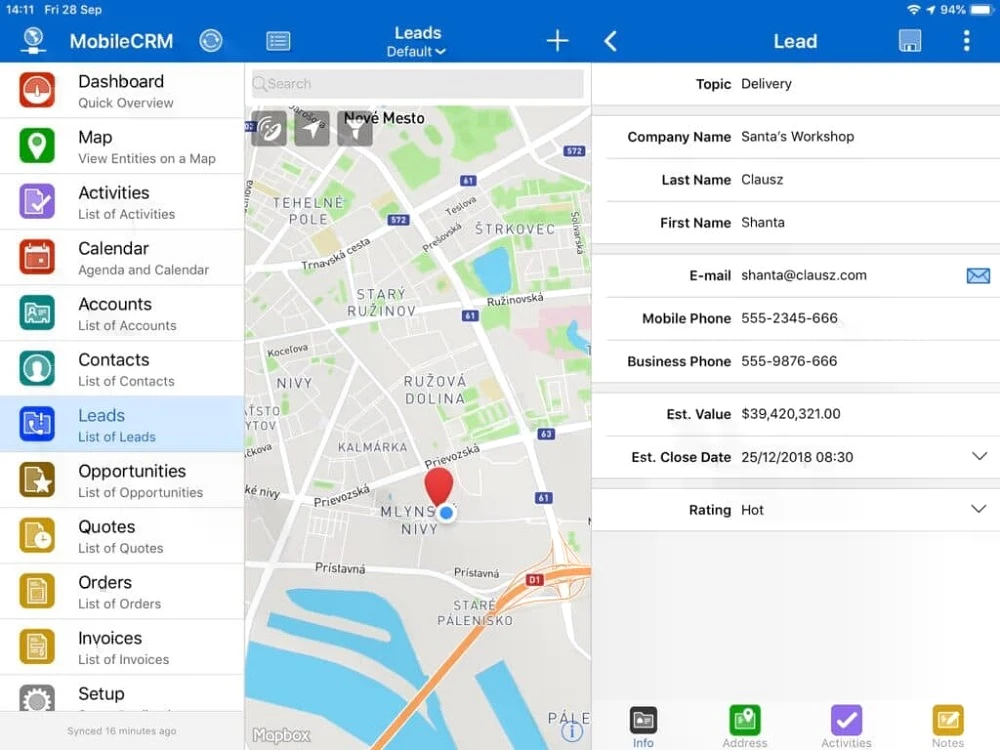
What is the best CRM for a small business with a limited budget?
For small businesses with a limited budget, HubSpot CRM and Zoho CRM are excellent options to consider. Both platforms offer robust features and functionality at affordable price points.
How can I integrate my CRM with other business tools?
Integrating your CRM with other business tools, such as accounting software, project management apps, and social media channels, is essential for creating a streamlined workflow. Look for CRM solutions that offer a wide range of integration options, making it easy to connect your various systems and platforms.
What are some tips for training my team on a new CRM?
Providing comprehensive training, offering ongoing support, and encouraging user feedback are key to successfully onboarding your team to a new CRM. Make sure to allocate sufficient time for training sessions, create detailed user guides, and be responsive to any questions or concerns your team may have.
How can I measure the success of my CRM implementation?
Tracking key metrics, analyzing data, and making adjustments based on insights are essential for measuring the success of your CRM implementation. Focus on monitoring indicators like lead conversion rates, sales pipeline velocity, customer satisfaction, and overall business growth to gauge the impact of your CRM.
Conclusion
Finding the best CRM for your small business can be a game-changer, empowering you to build stronger customer relationships, boost sales and revenue, and operate more efficiently. By considering the essential features, evaluating the top CRM solutions, and following a strategic implementation process, you can unlock the full potential of CRM technology and propel your small business to new heights.
Take the first step towards transforming your customer relationships and driving sustainable growth. Explore the CRM options we’ve discussed, choose the one that best fits your unique needs, and start building the foundation for your small business’s continued success.
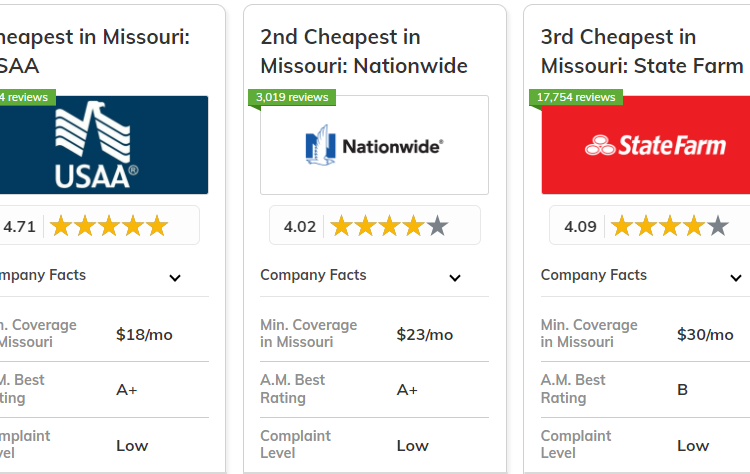


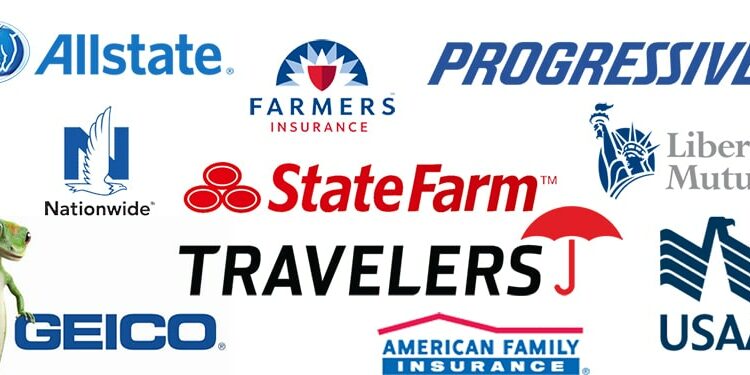

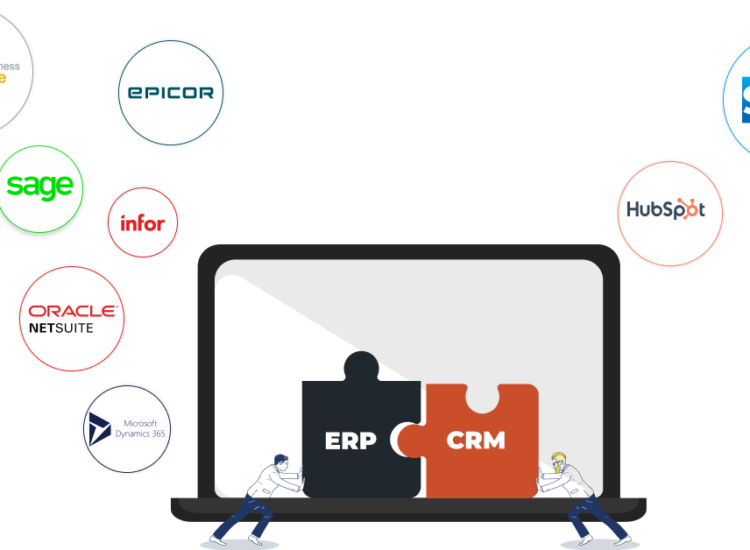

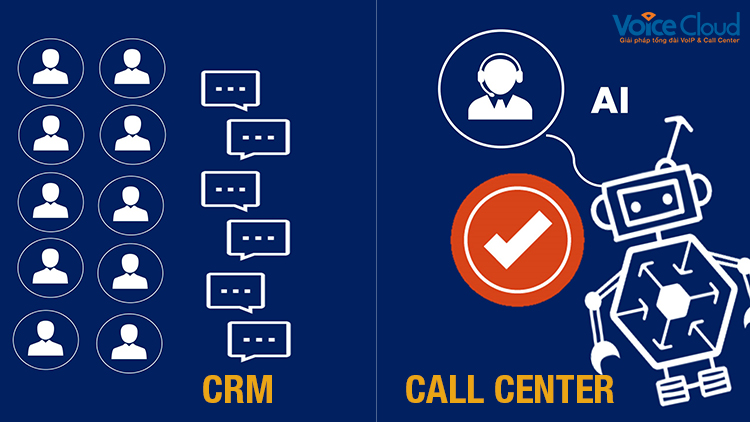
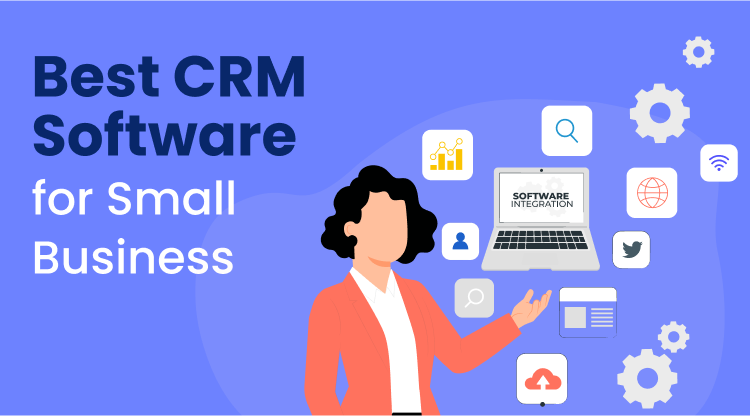


Leave a Reply